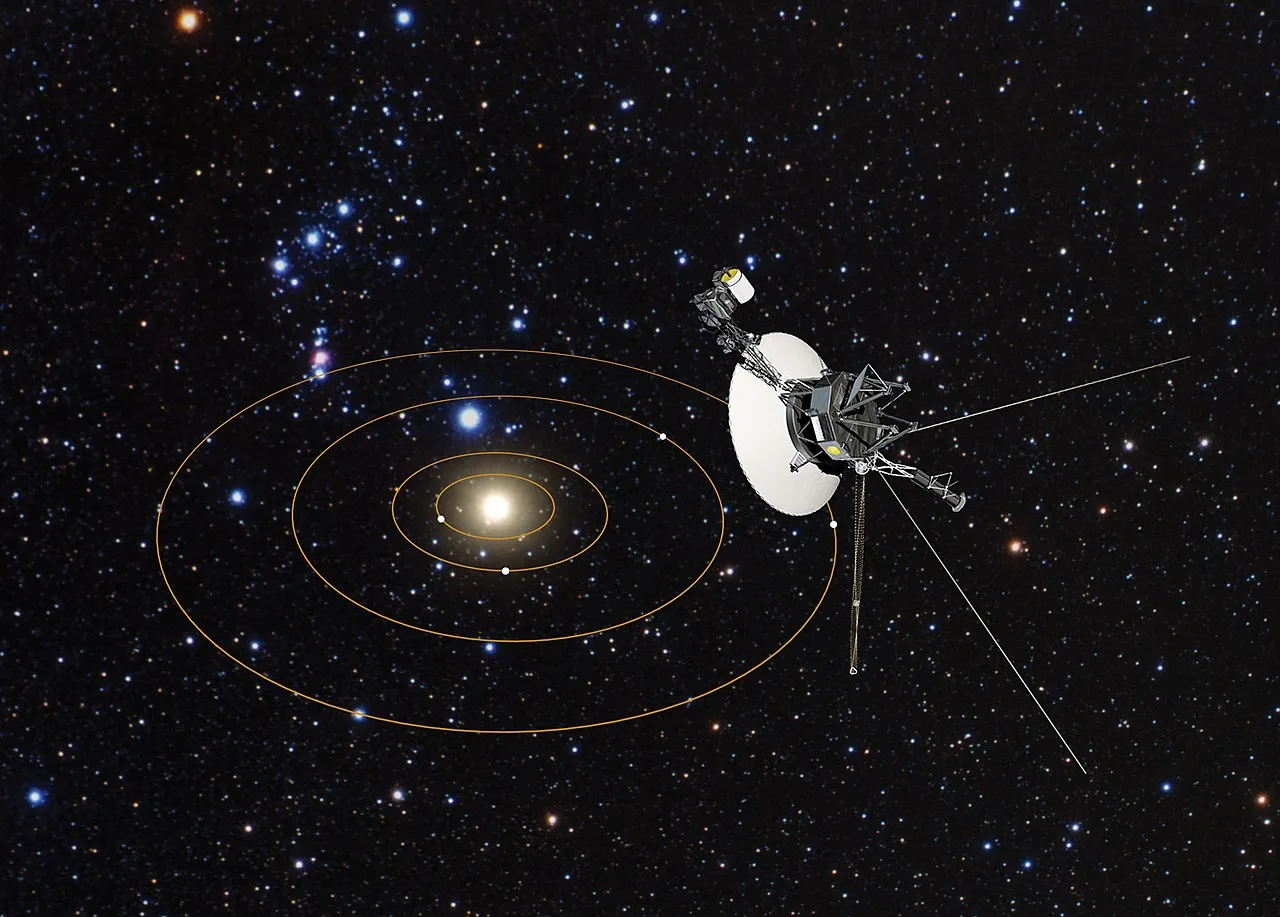Centuries from now, human civilization will extend beyond the Earth, powered by nuclear fusion and possessed of physical productivity orders of magnitude beyond what is possible today—if we don’t blow ourselves up first, which would be the unavoidable outcome of failing to change the prevailing paradigm in Anglo-American NATO.
President-elect Donald Trump suggested to Russia in his interview with Time that Russia should resist responding to American actions and wait until he comes into office. Trump has a difficult job ahead of him in trying to reach a peaceful resolution of the conflict: Satisfying Putin’s stated demands will require changes to Ukraine’s constitution, repeal of legislation, and overturning of presidential decrees. The Ukrainian intelligence agencies and special forces—with their deep ties to their Anglo-American counterparts—represent a source of strong internal opposition to any potential peace agreement.
In Syria, the reigning HTS forces, which have studiously avoided any negative comments about Israel pummeling military sites across Syria, have also required the disarmament and disbanding of any military elements of Palestinian organizations on Syrian territory. What does this mean for the region?
While Serbia’s President has expressed concern that U.S. sanctions could shut down his country’s main oil company, Russia and India have signed a 10-year agreement for 15 million barrels of oil per month. This will provide India—which has not joined in on sanctioning Russia—with a long-term and economical energy supply.
In contrast, a court in South Africa has overturned a government policy of building 1,500 MW of coal-fired power plants, arguing that the plants would violate the rights of children to a healthy environment! Fossil fuels, especially modern clean coal plants, have a profoundly positive effect on health, by securing the necessities for economic development and liberating households from energy poverty and from indoor sources of pollution in the form of cooking fuels.
What will the United States do? Will it represent the scientific and developmental optimism that characterized its founding and best moments, or will it be drawn into British Malthusian zero-sum thinking?
While there are credible concerns that Trump’s Health and Human Services (HHS) pick RFK, Jr. would work to roll back even the polio vaccine, Russia is planning to deploy an anti-cancer mRNA vaccine next year. It has entered into an agreement with Algeria on space cooperation and announced that it has developed satellite technology to detect and locate Starlink terminals in Ukraine.
Will we create the scientific and technological foundations of a successful civilization? Or will we allow the small-minded logic of hegemonism to draw us into a nuclear war whose effects perhaps no one would survive?
Look upward: The Voyager 1 spacecraft, launched in 1977 and now venturing as much as 15 billion miles from Earth, now beyond our Solar System, has recently reconnected with NASA via a radio transmitter it had not used since 1981! If we drive ourselves extinct on Earth, the Golden Records carried by the Voyagers—containing music and images—may be the only way our species is known. That commitment to the future was expressed by the Voyager project manager: “We didn’t design them to last 30 years or 40 years, we designed them not to fail.”
Will we today build a security and development paradigm designed not to fail?







